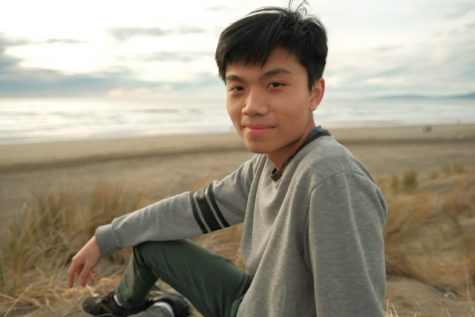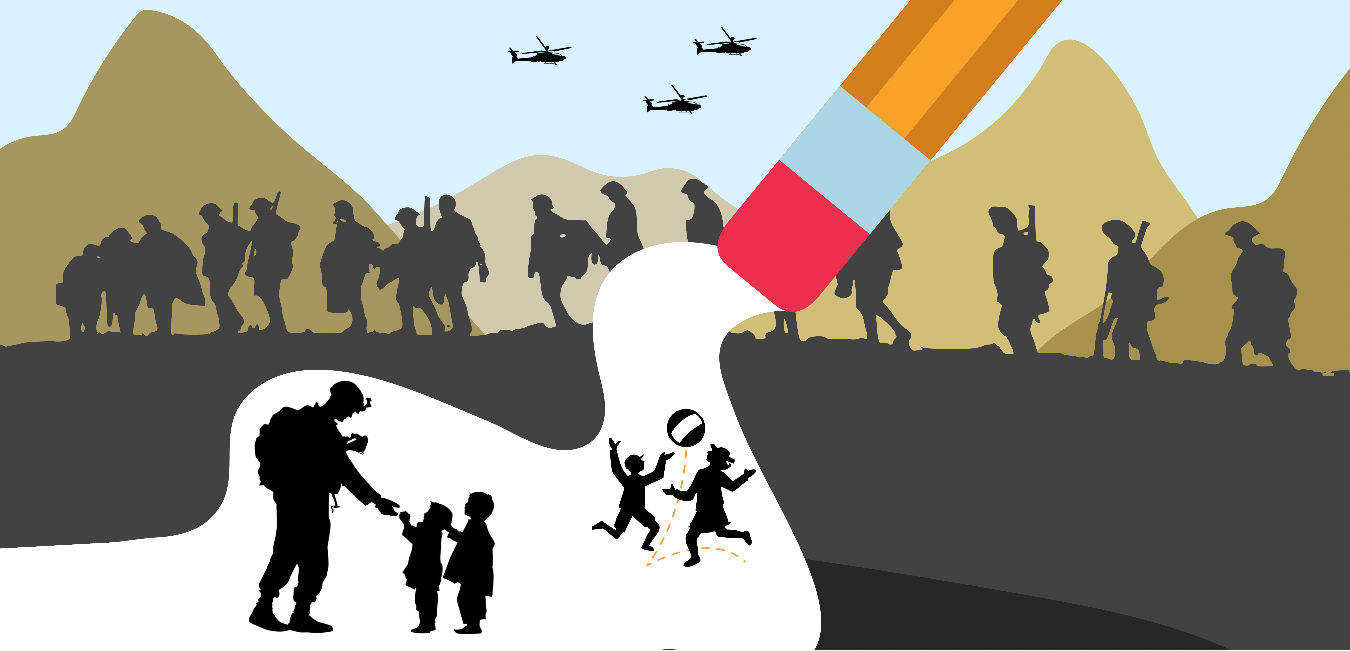



Monday’s webinar featured guest speaker Nazia Kazi, a Philadelphia-based educator whose book covers exactly what the title is: ‘Islamophobia, Race and Global Politics’
Sep 30, 2021
In the 20 years following the attacks perpetrated on Sept. 11, 2001, one phrase has stood tall to embody American sentiment surrounding that day: “Never Forget.” But what exactly are we supposed to never forget?
Dr. Nazia Kazi, an anthropologist and professor at New Jersey’s Stockton University, raised this question during “Never Forget – Erasing our Memory of Endless War,” a Zoom webinar hosted through SF State’s School of Cinema on Monday. The event was also presented in part with the Center for Iranian Diaspora Studies and the Department of Race and Resistance Studies.
Kazi’s 2018 book titled “Islamophobia, Race and Global Politics,” was revised and re-released this past month to include excerpts on the failed war on terror and Donald Trump’s presidency. The event, which clocked in at a little over an hour, was centered on topics that the book covers.
Mayuran Tiruchelvam, George and Judy Marcus Endowed Chair in Social Justice Filmmaking for the School of Cinema, was another presenter of the event. In an email interview with Xpress, Tiruchelvam said that “9/11 provided a justification for nationalist attitudes that already existed,” referring to U.S. bombings in Iraq, Kuwait, Somalia, Bosnia, Afghanistan, Sudan and Yemen in the decade leading up to 2001 — decisions that were largely approved by Congress.
Tiruchelvam also spoke on the film industry’s role in Islamophobia, saying that the industry embraced a limited frame for exploring a post-9/11 world. He mentioned that the scope of the films that came in the immediate aftermath of the attacks often fell under the lens of “badass military dudes” stories, a term Tiruchelvam coined at the beginning of Monday’s event. Examples of films that fall under this umbrella, he said, include “Black Hawk Down,” “Zero Dark Thirty,” and others.
“It’s short-sighted to believe that more Muslim characters in movies and TV will transform an industry founded on bigotry,” Tiruchelvam said.
A driving point of Kazi’s argument is American exceptionalism, and that the 9/11 attacks excessively and unnecessarily increased U.S. military presence at home and throughout the world. Immediately following the attacks, Kazi said, major news publications put forth a narrative of unity in “this moment of grief and terror,” but what ultimately happened was “uniting around militarism.”
“I think American imperialism and American militarism do a brilliant job of hiding in plain sight,” Kazi said, citing fighter jet flyovers during NFL football games and that key correspondents on major news networks are often ex-military officials or executives from defense businesses as evidence of this point.
All of this, Kazi says, is a means to an end, with the “end” result being Islamophobia. The term Islamophobia, according to Kazi, applies to more than just people of Islamic faith.
“Islamophobia is this term that we use, but it’s not really the right term,” Kazi said, going on to say that it “has never specifically targeted Muslims alone.”
Tiruchelvam honed in on this point as well, stating that the fear-induced Islamophobia following 9/11 provided an excuse for police and federal agents to commit further violence against Black Americans under the guise of anti-terrorism.
The Office of the High Commissioner for Human Rights, a branch of the United Nations, published a report in November 2020 that reinforced the idea of Islamophobic discrimination, specifically centered on non-Muslim men and their negative experiences because they “look Muslim.”
The report cites a number of participants whose last names are not disclosed. One volunteer, named Samuel, said in the report that his identity “is always questioned because I look like a Muslim … as a Black man with a beard you always get associated as being a Muslim terrorist.”
On the subject of the phrase “Never Forget,” Kazi’s response to the sentiment was that “the raw material of American racism is forgetfulness.”
“When I see all these memorials telling us to ‘Never Forget,’” Kazi said during the meeting, “what seems to have actually happened is the complete inverse of that. It seems the way we have chosen to remember September 11, what came before and what followed, has been deeply, deeply forgetful.”

